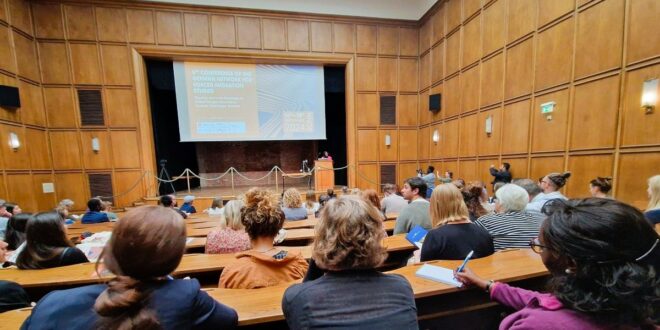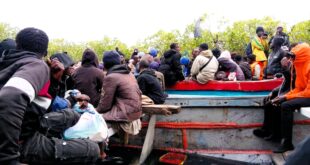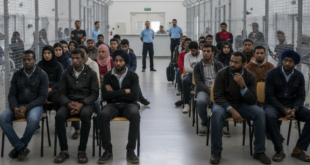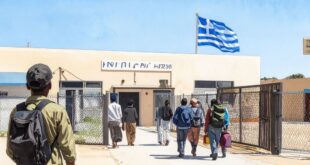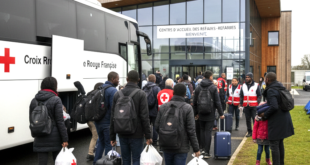The United Nations High Commissioner for Refugees (UNHCR) has raised alarm over the growing intersection between climate change and forced displacement, warning that by mid-2025 around 86 million displaced people were living in countries facing extreme climate risks such as droughts, floods and heatwaves. The agency reported that the total number of people forcibly displaced worldwide reached 117 million this year — the highest in history.
According to UNHCR, about three-quarters of all refugees and internally displaced people now reside in countries that are particularly vulnerable to climate hazards. Many of the world’s largest refugee settlements are located in areas with harsh and deteriorating environmental conditions. The agency’s chief, Filippo Grandi, described the situation as a “vicious cycle,” where those who have fled war or persecution are increasingly forced to move again as extreme weather destroys homes and livelihoods.
UNHCR notes that both sudden disasters such as storms and floods, and slower-onset changes including rising sea levels and desertification, are deepening the crises that drive displacement. In many regions, these pressures combine with conflict, creating conditions from which millions of people have little chance of escape.
The burden falls disproportionately on poorer nations, which host most of the displaced but have the fewest resources to shield their populations from worsening climate impacts. Meanwhile, industrialised countries — responsible for most greenhouse gas emissions — are tightening borders and reducing humanitarian aid, a policy some observers describe as deeply unjust.
In Germany, aid groups have sounded the alarm over plans to cut humanitarian and development funding by up to 30 percent compared with 2022 levels. Sixteen organisations protested in Berlin this week, warning that the reductions would have devastating consequences for people already living on the edge of survival. The groups said such cuts contradict the government’s commitment to fight poverty, hunger and inequality and could worsen crises in countries like Syria, Sudan, Burkina Faso, Mali and Somalia.
For Africa, the UNHCR’s warning is particularly relevant. Many African nations are simultaneously hosts to refugees and victims of climate change, facing rising temperatures, prolonged droughts and water scarcity. As living conditions in camps and host communities deteriorate, the risk of secondary displacement grows.
As the world gathers for the UN climate summit in Belém, Brazil (from 10–21 November 2025), UNHCR has urged global leaders to integrate displaced people into climate policies and to restore declining aid budgets. Without urgent and coordinated action, millions more could be left without safety or hope — trapped between conflict and a changing climate.
Adira Kallo
 THE AFRICAN COURIER. Reporting Africa and its Diaspora! The African Courier is an international magazine published in Germany to report on Africa and the Diaspora African experience. The first issue of the bimonthly magazine appeared on the newsstands on 15 February 1998. The African Courier is a communication forum for European-African political, economic and cultural exchanges, and a voice for Africa in Europe.
THE AFRICAN COURIER. Reporting Africa and its Diaspora! The African Courier is an international magazine published in Germany to report on Africa and the Diaspora African experience. The first issue of the bimonthly magazine appeared on the newsstands on 15 February 1998. The African Courier is a communication forum for European-African political, economic and cultural exchanges, and a voice for Africa in Europe.

